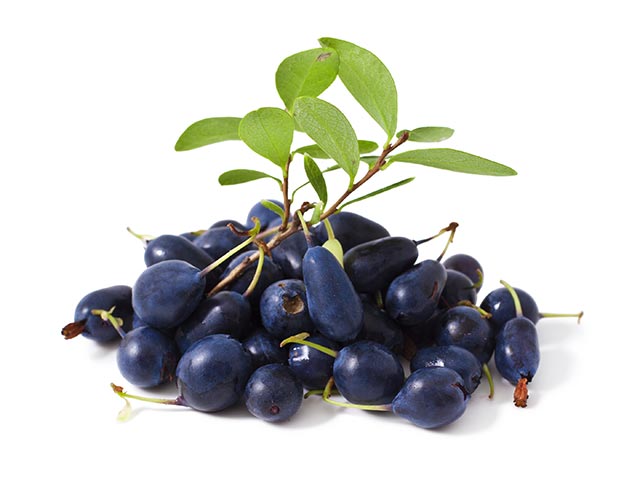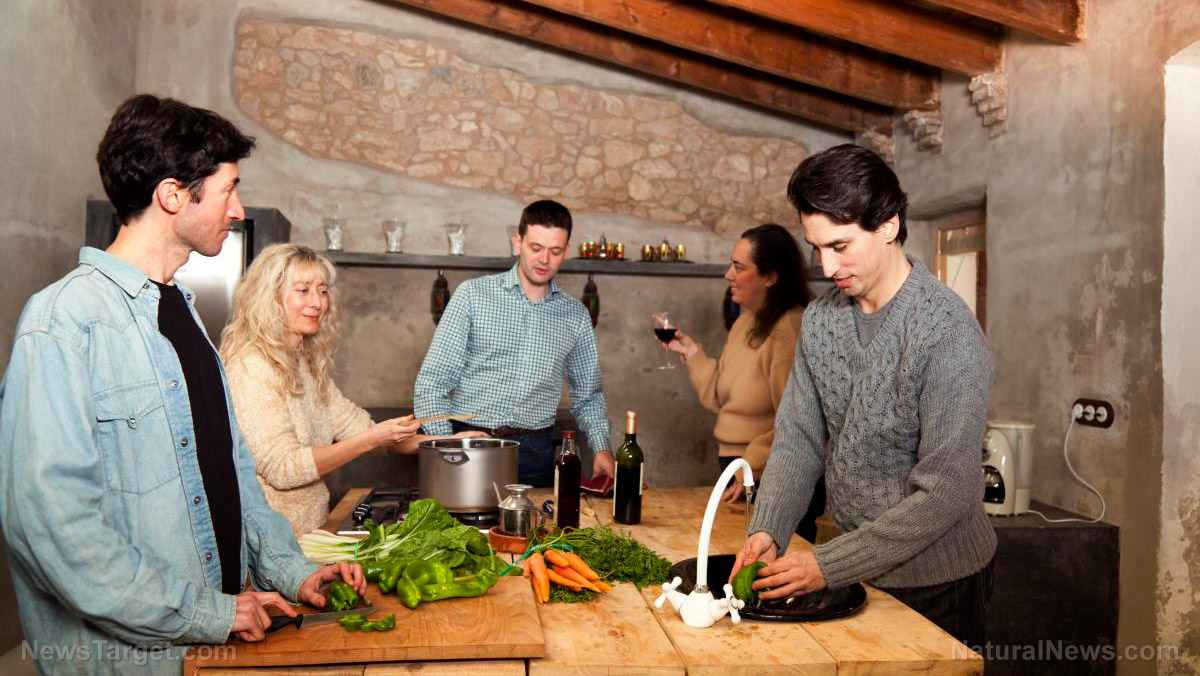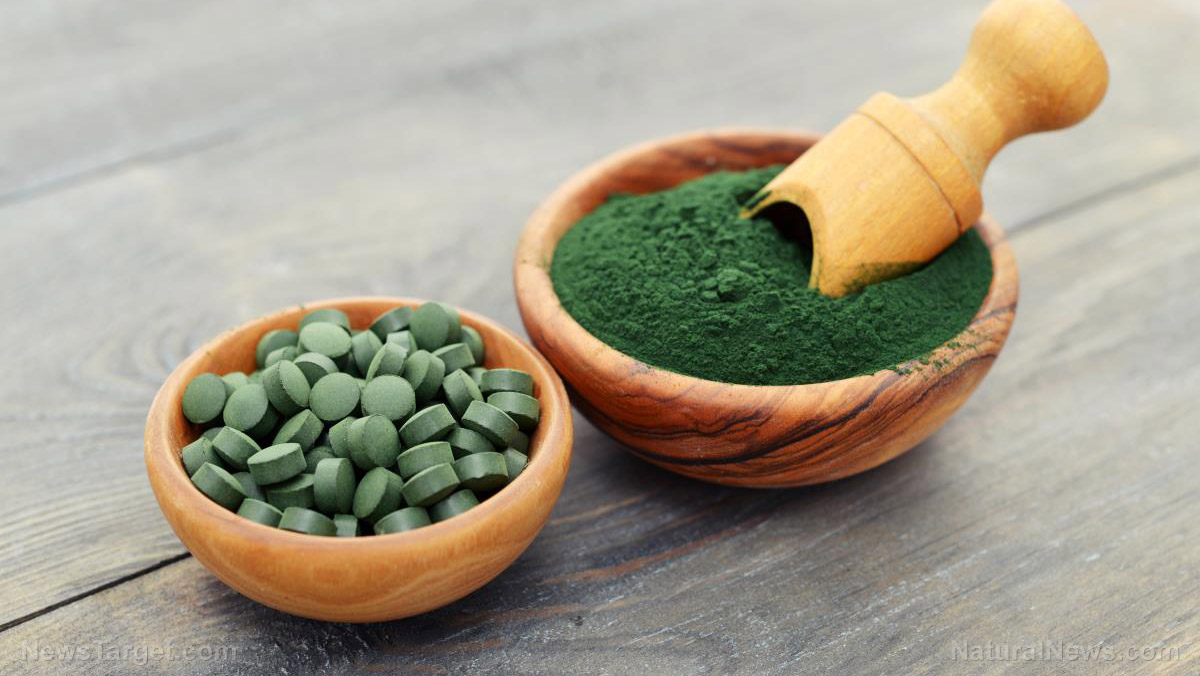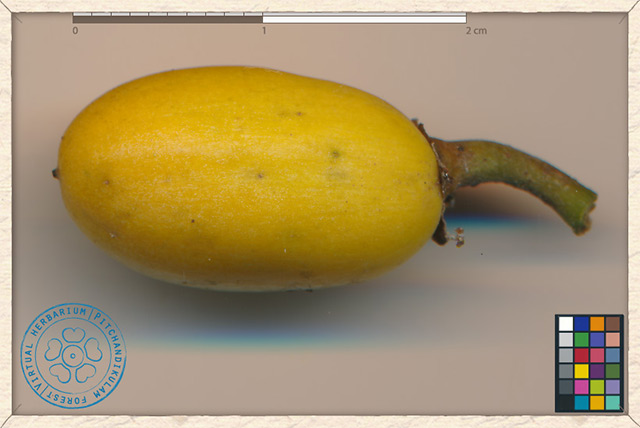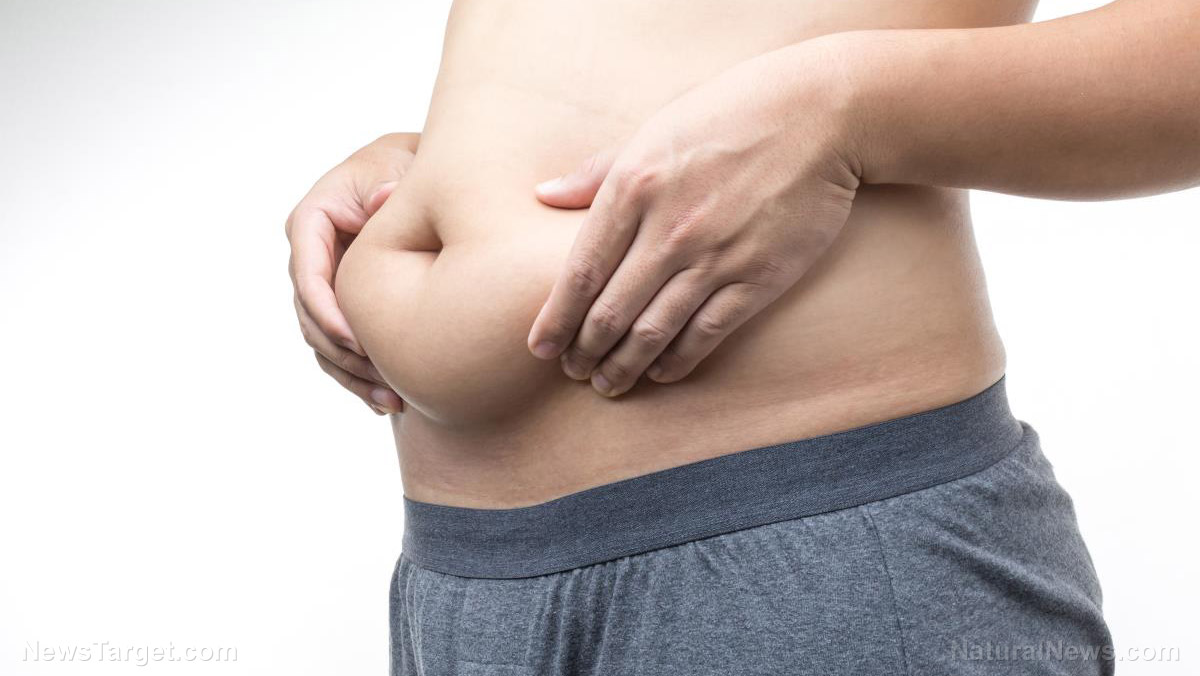Skyrocketing cancer rates driven by processed food, warn researchers
02/16/2018 / By Isabelle Z.
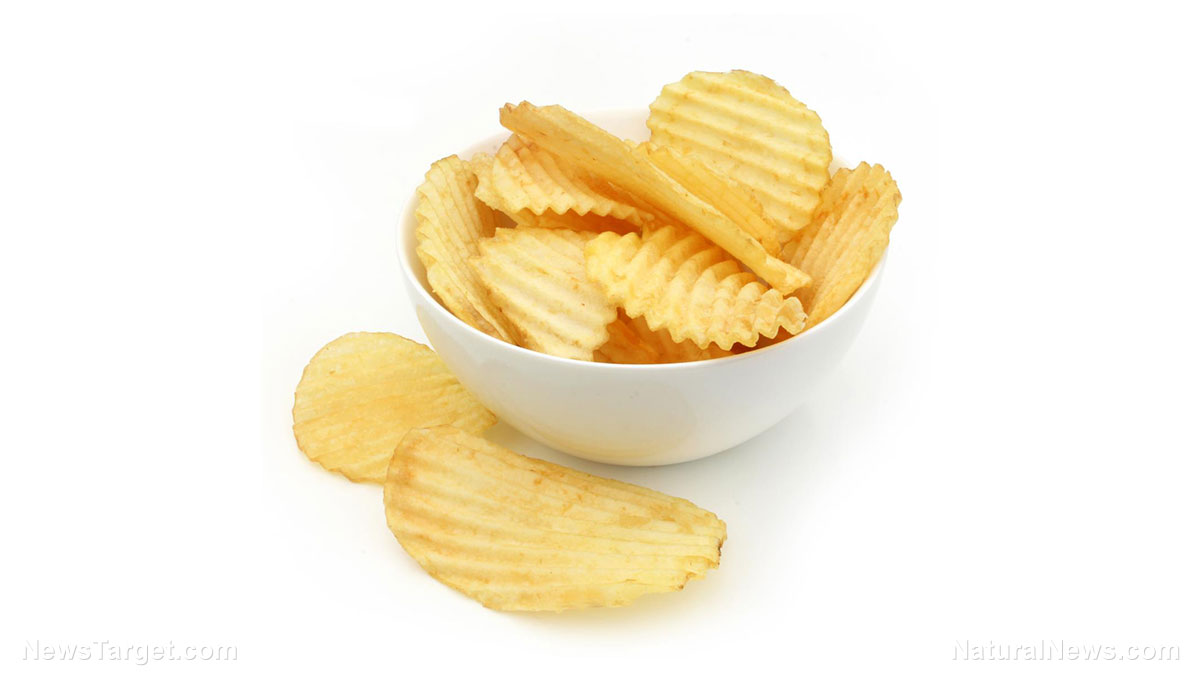
If you’re still eating processed foods, the latest study in the British Medical Journal should be enough to steer you away from this dangerous habit. That’s because French researchers have found that the skyrocketing rates of cancer deaths can be pinned on the popularity of processed foods like sodas, sugary cereals, and ready-made meals.
Ultra-processed foods are loaded with chemical additives and are a far cry from a home-cooked meal. The more of these foods you eat, the higher your risk grows of getting any type of cancer. This is believed to be due to the higher amounts of sugar in these foods as well as the low content of fiber and vitamins.
In addition, the procedures used in manufacturing and the chemicals and additives used to enhance flavor and prolong shelf life are contributing to the risk. For example, processing food creates carcinogenic compounds like polycyclic aromatic hydrocarbons and acrylamide.
The study’s lead author, Dr. Mathilde Tourier, said: “They all have food additives, they all have compounds formed during the processing and heating of the products, and they have compounds that could come from the packaging itself.”
The more processed food you eat, the greater your risk of cancer
To reach these findings, researchers from the Sorbonne University in France studied food diaries filled out by 105,000 adults and ranked them by the amount of ultra-processed food they ate. The top quarter of the sample, for example, got 32 percent of their diet from ultra-processed food on average. This group had a 23 percent higher likelihood of developing cancer of any type during the following five years than the people in the bottom quarter of the sample, who only ate 8 percent ultra-processed food.
The power of the elements: Discover Colloidal Silver Mouthwash with quality, natural ingredients like Sangre de Drago sap, black walnut hulls, menthol crystals and more. Zero artificial sweeteners, colors or alcohol. Learn more at the Health Ranger Store and help support this news site.
Overall, they found that a 10 percent rise in the proportion of highly processed foods in a person’s diet was linked to more than a 10 percent higher risk of all cancers overall and breast cancer specifically.
While these foods are bad for everyone, they are particularly risky for middle-aged women in terms of breast cancer risk. Women in the top quarter were a full 38 percent more likely to have post-menopausal breast cancer and 27 percent more likely to get premenopausal breast cancer, depending on their age. Prostate cancer risk was not impacted, but colon cancer risk was 23 percent higher in this group.
An assessment of 3,300 different food products found that the most common type of ultra-processed food was sugary products, which accounted for 26 percent of the foods that were in this category. Drinks accounted for one fifth of these foods, while breakfast cereal made up 16 percent.
The study also compared 19 European countries in terms of their ultra-processed food consumption. The U.K. topped the list with nearly 51 percent of the food bought by households in the country being ultra-processed; just 14.2 percent of the food bought in France fit the definition.
Less processed foods, meanwhile, did not have a cancer link. These include foods like cheeses, canned vegetables, pasta, and freshly made bread that is not packaged. Those who mainly ate unprocessed and fresh foods – like vegetables, fruits, beans, and fish – had lower cancer risks.
Foods to avoid
Some of the foods that are considered ultra-processed include mass-produced buns and breads, processed meats, potato chips, sweets, sodas, nuggets, meatballs, instant noodles, instant soups, and frozen meals. Experts suggest avoiding foods that have more than 15 grams of sugar, 5 grams of saturated fat, or 1.5 grams of salt per 100 grams.
Of course, it’s actually much simpler than that. You don’t need to check numbers or read labels at all because the healthiest choices won’t even have ingredient lists. It’s hard to go wrong when you stick to organic produce and whole foods. Exercising and maintaining a healthy weight can reduce your cancer risk even further.
Find more news on the science of food at Food.news.
Sources for this article include:
Tagged Under: #nutrition, breast cancer risk, cancer risk, eat clean food, ingredients, prevent disease, Processed Meats, saturated fat, soda, sodium, sugar, toxic ingredients


